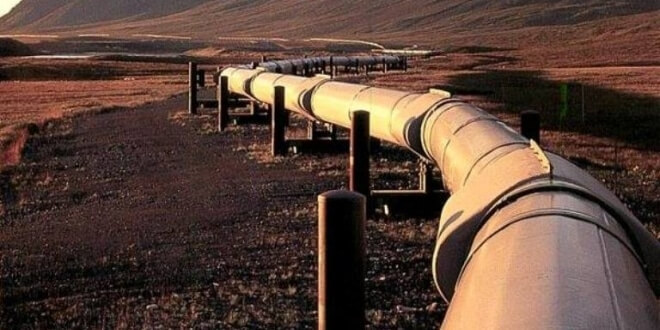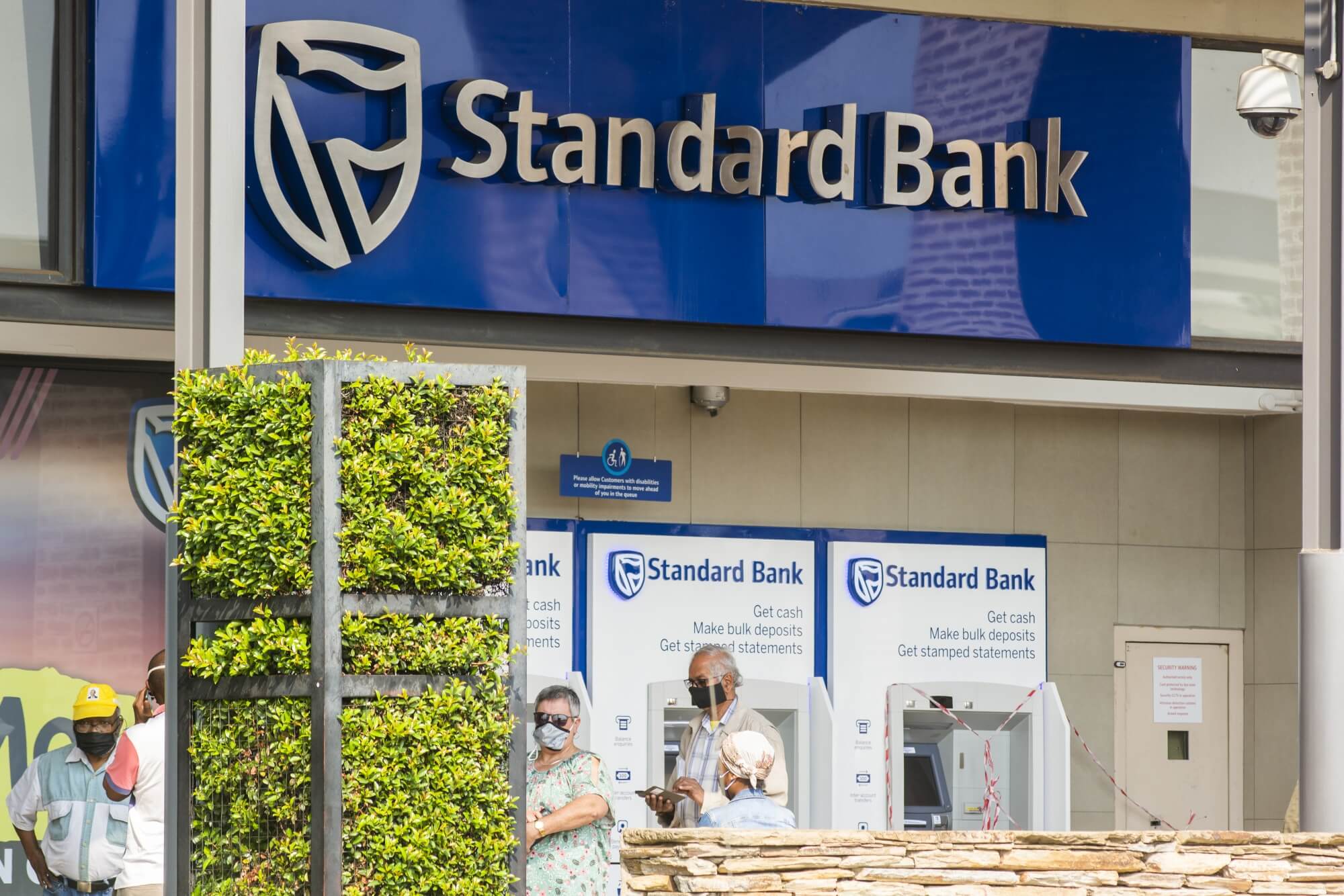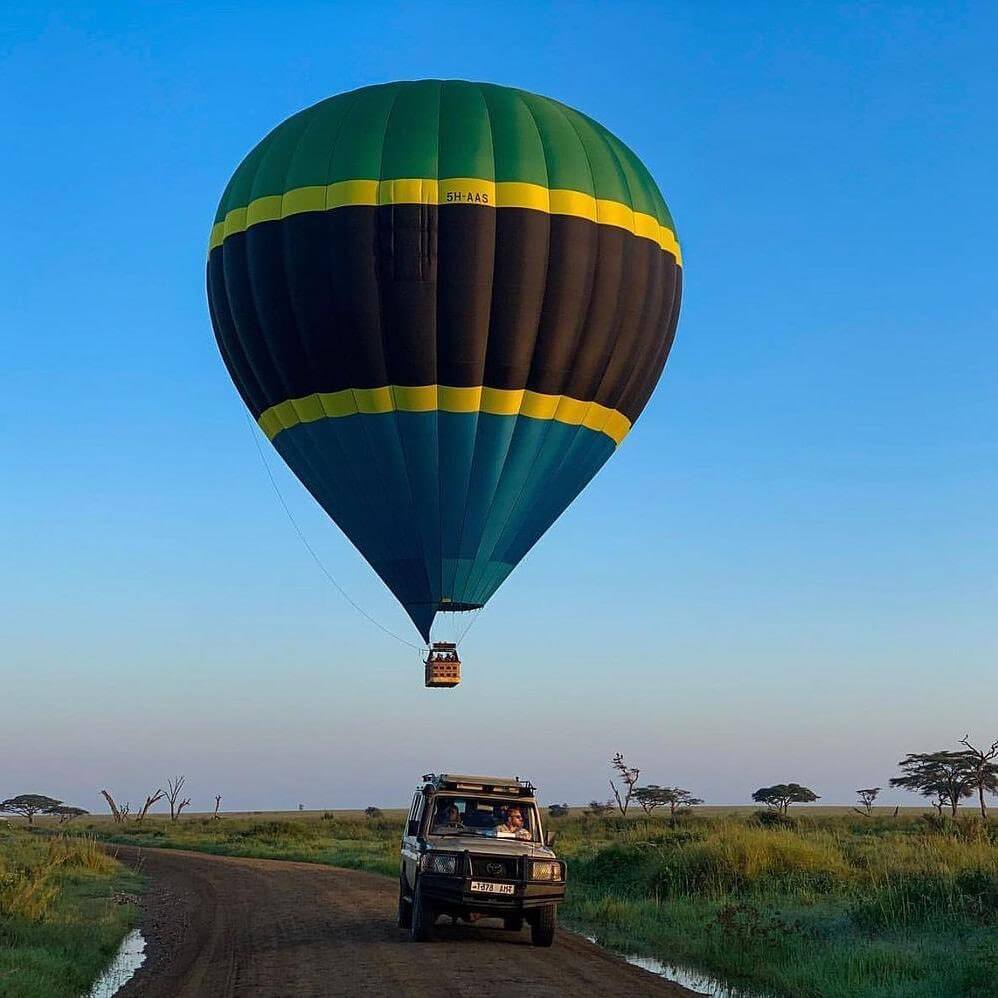A proposed natural gas pipeline running from Tanzania to Uganda may have a positive environmental impact in a region where the majority of households still cook using charcoal or wood, according to Patrick Mweheire, Standard Bank Group’s regional chief executive officer for East Africa.
“One of the biggest issues in Uganda is that you know, 70% of cooking is still done by charcoal and firewood, so they’re cutting trees down,” Mweheire said in an interview Friday.
The line, if built, would run parallel to the $4 billion (~R71 billion) East African Crude Oil Pipeline (EACOP) currently under construction. The EACOP, being developed by a group including TotalEnergies SE, will transport crude from Uganda’s oil fields to Tanzania’s coastline.

The oil pipeline is opposed by environmentalists and the gas line may face similar resistance. But Mweheire said the projects would have “huge benefits” for both nations. The gas pipeline, in particular, would help curb deforestation, he said.
Uganda intends to proceed with the EACOP, which will transport oil 900 miles (~1 448 km) from the shores of Lake Albert on the border between Uganda and the Democratic Republic of the Congo to Tanzania’s Tanga port on the Indian Ocean. The European Union has urged the governments to stop work on the pipeline on the grounds that it threatens fragile wildlife habitats.
Standard Bank is acting as a financial advisor on the project but has not yet said if it would actually finance it. The project is so contentious that public relations firm Edelman refused to provide public relations and reputational management services on it, News24 Business previously reported. According to people familiar with the matter – this triggered a parting of ways between Edelman and Standard Bank, but neither has confirmed this.
Mweheire said the EACOP will require $15 billion (~R270 billion) of investment in the region over the next three to five years to build new road infrastructure and an airport in western Uganda, which is already 80% complete. Standard Bank believes Uganda’s GDP is going to start growing by double digits in the next three years, and “will effectively double also in five years from roughly $30 billion (~R540 billion) today to $60 billion (~R1 trillion) by 2028,” he said.
Mweheire, who oversees Standard Bank’s regional business, including in Kenya and South Sudan, sees opportunity in lending to small and medium enterprises in Tanzania and Uganda where its Stanbic subsidiary is the top bank. Foreign direct investment in Kenya, Uganda, Tanzania, Ethiopia and South Sudan currently represents around 30% of collective GDP and this should increase with ripple effects from the oil and gas projects, he said.
Standard Bank expects GDP in aggregate to double over the next five years and, with the changes taking place, “we feel very, very optimistic about
SOURCE: BLOOMBERG







